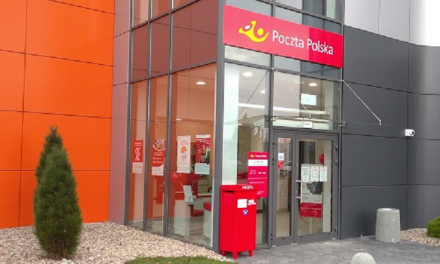
FedEx in biofuels promise
FedEx will attempt to get 30% of its fuel from petroleum alternatives by 2030 to slash their costs and greenhouse gas emissions, the company’s CEO announced.
FedEx will attempt to get 30% of its fuel from petroleum alternatives by 2030 to slash their air-transportation costs and greenhouse gas emissions, the company’s CEO announced.
Biodiesel derived from jatropha, ethanol from switchgrass, and other “second-generation” biofuels produce less emissions of carbon dioxide and other heat-trapping gases than petroleum, CEO Fred Smith said during a US Chamber of Commerce aviation forum. Moreover, such fossil-fuel alternatives do not rely on edible feedstocks and can be grown on marginal land.
“These non-fossil fuels must be capable of being easily mixed with existing petroleum aviation fuels that use existing infrastructure,” he said.
In announcing FedEx’s “30 by 30” initiative, Smith suggested that a portion of President Obama’s $787bn economic stimulus plan should be used to fund research, development and deployment of such second-generation biofuels.
FedEx, which emits almost 40 metric tons of CO2 per $100,000 of revenue, vowed last autumn to cut its air fleet’s carbon footprint by 20% by 2020. FedEx plans to swap out aging planes in addition to switching fuels, Smith said.
The company will soon switch from MD-11s to Boeing 777s for its long-range, international routes. The company will also phase out Boeing 727s for 757 models, which are 47% more fuel-efficient, Smith said.
“These planes carry more people and cargo, thus making fewer trips and requiring less fuel per payload,” he added. “They operate more efficiently and produce fewer emissions.”
Modernising the air-traffic management system, Smith claimed, would cut the aviation sector’s emissions 10 to 12%. A “total upgrade” of the system should include deployment of “NextGen” technologies, which would utilise satellites for managing aircraft rather than ground-based traffic control. Smith said the system would more effectively allocate air space at individual airports, based on real-time demand.
“Once all of our aircraft are flying with the best technology, capacity and air-space design, it’s critical for them to fly the open skies unencumbered by protectionist trade barriers,” Smith added.













